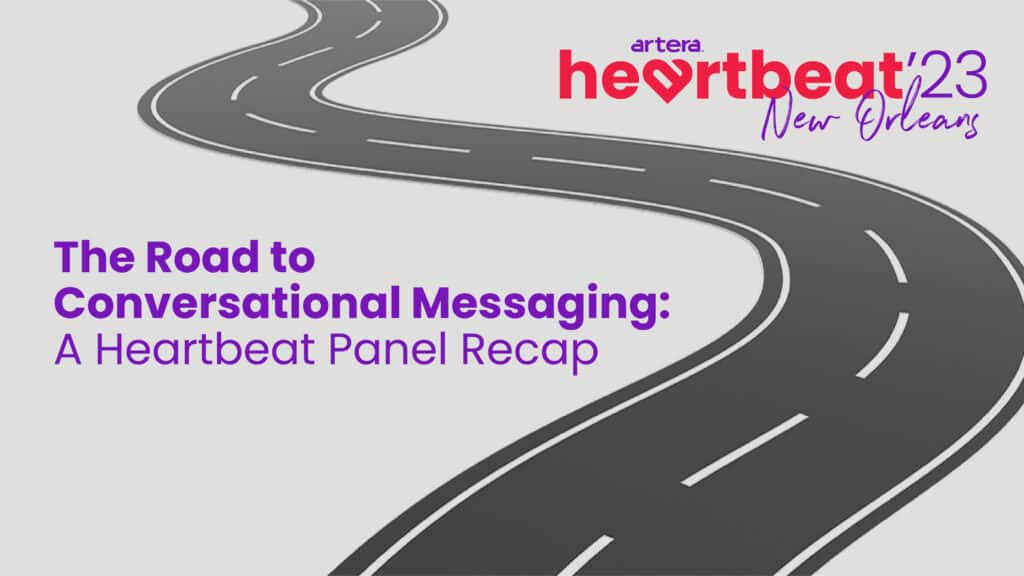If you’re not excited to visit the gastroenterologist for a colonoscopy, you’re in good company.
As many as 60 percent of people who should undergo the routine screening skip out on their appointment or fail to schedule it at all.
“Little is known about why patients who are referred for colonoscopy do not complete the recommended procedures,” University of Colorado researchers said in a study published in the Journal of General Internal Medicine.
I can think of a few reasons.
The retrospective cohort of 647 patients went on to identify several concerns. They included fear of pain, distress about modesty, pre-appointment preparation, as well as logistic challenges related to cost and scheduling.
Researchers concluded that, among other strategies,
better communication with patients could improve screening rates.
So, does it?
In 2018, researchers at the University of Pennsylvania put the idea to the test — specifically whether texting patients before a scheduled appointment could reduce patient no-show rates. They piloted a conversational texting intervention for 22 patients who were scheduled for a colonoscopy, coupled with a control group of 50 randomly selected people.
Patients in the intervention group received a series of text messages beginning one week prior to the appointment. Messages included:
- confirmation text upon enrollment
- reminder with the office’s address
- prompt for any questions about the procedure
- nudge to pick up prep materials, such as sports drinks and laxatives, from the pharmacy five days prior
- messages to prompt each step of the prep sequence the night before the appointment
Patients could respond with concerns and questions and receive additional patient education materials as needed.
The results were startling.
Patients who received the text communication had a 90 percent completion rate versus 62 percent in the control group.
“Automated text messaging and new insights from behavioral science offer opportunities to effectively and efficiently engage with patients before important health prevention activities,” said the study’s senior author, Shivan Mehta, MD, MBA, an assistant professor of Medicine and the associate chief innovation officer at Penn Medicine.
Patients show up. Now what?
Getting patients to show up for a colonoscopy is a good start. The procedure also requires that patients follow detailed instructions before their appointment, including specific dietary changes and laxatives. Many don’t.
As many as 30 percent of patients who show up for their colonoscopy haven’t successfully cleansed their bowels, which can delay diagnosis and treatment.
Researchers at McGill University Hospital Centre wanted to know why. They conducted focus groups with patients who had recently undergone a colonoscopy. Patients said reminders and personalized instructions before their appointment would have helped them more adequately prepare.
Patient education via texting
In another study, Chinese researchers conducted a prospective, randomized controlled trial evaluating the effectiveness of a digital message intervention. They sent education messages to patients’ mobile devices via SMS and through the popular app WeChat.
Both
messaging methods resulted in significant improvements in bowel preparation. Secondary outcomes included improved polyp detection rate, adenoma detection rate, and mean total adenomas detected. Results were published in the European Journal of Gastroenterology and Hepatology in 2019.
Texting in healthcare for more than appointment reminders
These and other studies indicate possibilities for texting in healthcare beyond appointment reminders — it has shown potential to improve patient outcomes across specialties.
“We think text messaging is successful because it is patient-centered. It is already widely used by our patient population, does not require much effort by the patient to participate, and patients can read or respond whenever they choose,” said Nadim Mahmud, MD, MPH, a Hepatology fellow at the Hospital of the University of Pennsylvania.
“Texting is also especially appealing to health systems because it is scalable and efficient – it’s a tactic many others have employed in order to communicate with patients.”
At WELL, we understand the impact texting has on patient experience and outcomes. It’s what motivates us every day and why we are the industry’s leading patient communication platform. ♥



